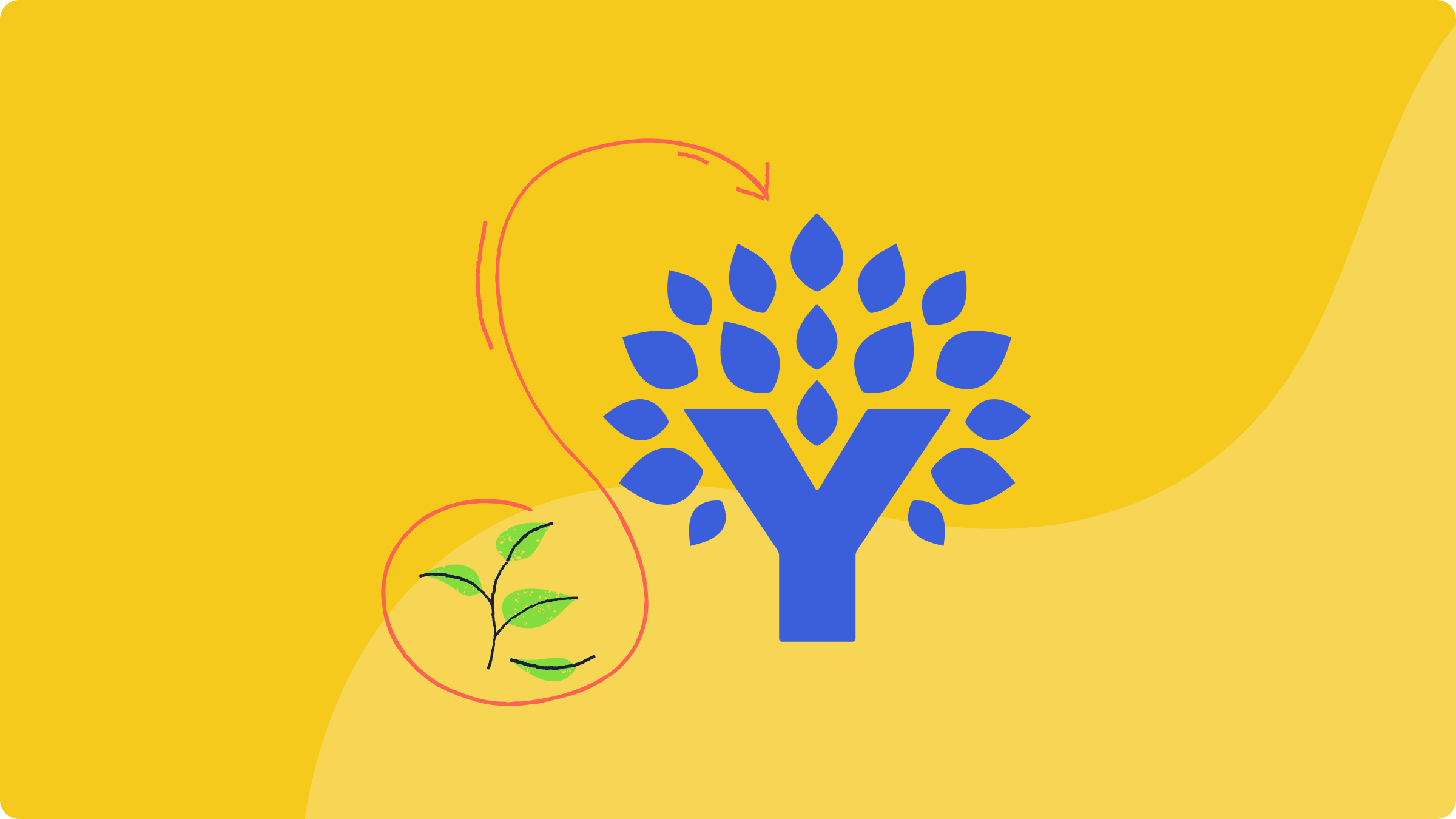I was a long-time Mint enthusiast. Mint saved me from the money woes of Quicken almost a decade ago. It was my trusty friend as my husband and I paid off our mortgage in less than 2 years. It helped me adjust quickly to the financial realities of moving to a very expensive city.
But something happened along the way from paying off our mortgage to today: Mint allowed me to check out a little bit. It would only require a few expense re-categorizations here and there. It was taking over all of the management work for me so that I wouldn’t have to. Amazing right? Maybe not.
These days, we have much bigger, more long-term goals, like early financial independence, and as a result, we’ve become a little more lax in keeping a strict spending plan. It’s become very easy to let the money we’d normally set aside for the long-term get eaten up, literally, in restaurants. We weren’t making progress as fast as I’d like.
Three months ago, several different friends asked my opinion of YNAB within the span of a week and I realized I didn’t have one. A little bit of research revealed there is a highly devoted following so I decided to give it a try. After just one month, I could see how much more aware I was of my spending with YNAB than I had been with Mint and I pitched the idea of making a switch to my husband.
It’s been three months total now, and we both love YNAB! Here’s what the switch made us realize about the importance of awareness:
We Became More Aware of Our Spending
For us, Mint was financial AI gone overboard. It was taking the financial pain out of our transactions, especially since we are mostly cashless. All of the automated processes were making us LESS aware of our spending, even though I was looking at it at least a couple of times a week. I can only imagine how this affects people who look at Mint once a week or once a month.
With YNAB, manually assigning our expenses to our categories means we see the impact of our spending in near real time. That has been huge for us and we have kept our spending to within our planned amount every month. I had also forgotten how nice it is to categorize our income each month!
“YNAB improves marriages! Who else can say that about their money management app?”
We Started Saving More
With Mint, we weren’t being diligent about our savings goals. Mint has a savings goals feature that I’ve used successfully in the past, but it doesn’t force you to actually move money each month.
Problem solved with YNAB. All of our income and expenses pass through a single checking account which means that any money we save needs to come out of that account. With the savings goals I’ve set up, I have to move money out each month in order to keep those balances at zero. The design of YNAB reminds me to do that, and I’m very happy when I make those transactions.
YNAB Improved Our Marriage
I’m the financial nerd in my marriage. I like managing the money and was happy to be the one to keep up with Mint.
However, my husband didn’t really need to check on our money until the end of the month when we had our planning meeting or when he wanted to spend out of his “fun money” category. Now he is much more in tune with our spending as he records any transactions he makes. I don’t have to be the one to always say “it’s not in the plan” because he is more aware of our spending now. YNAB improves marriages! Who else can say that about their money management app?
Awareness is Everything
YNAB showed us how important awareness still is, even though we are well beyond paycheck-to-paycheck living. It was humbling to know we’ve kind of been doing it wrong for the last few years, or that we could at least have been doing it better. I’m looking forward to making more progress this year and getting much closer to our dream of financial independence.
Looking for a new money management app with the sunsetting of Mint? Make the switch to YNAB!
***
Lindsey Stringer is a millennial on the path to early financial independence. She and her husband paid off their mortgage in just 19 months which forever altered the trajectory of their financial lives.This story originally ran in February of 2016.
Publisher: Source link













